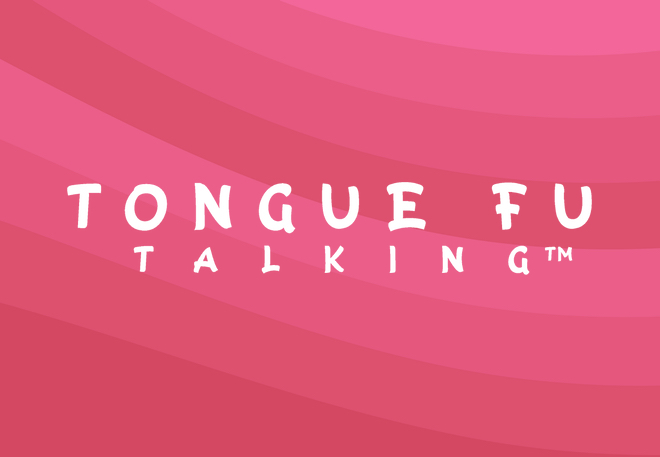Having watched the Five a Day course, I realise that we need all our staff to be able to access this material. I didn't realise how beneficial this would be for all our teachers. It's so good.

Oracy is one of the most powerful tools for learning—yet too often, it is not given the same status as reading and writing. Research shows that explicitly teaching oracy can lead to greater confidence, stronger reasoning skills, and improved problem-solving.

Just wanted to drop you a line to thank you for your excellent CPD over the past 8 years which has led to us gaining 'Outstanding' in all areas in our May 24 inspection. No AFIs either! The meticulously planned curriculum is all down to Chris's fab CPD!
The curriculum is meticulously planned. The curriculum in each subject is designed so that pupils revisit important concepts. This helps pupils build on what they know. The school prioritises language and communication in the curriculum. Pupils learn subject-specific vocabulary so that they can understand and talk about what they are learning…. The curriculum is delivered by skilled staff. They receive high-quality training and use the latest research further to enhance their teaching…. Lessons have been carefully structured so that feedback and retrieval activities are at the start of all lessons.
Inspection of St George’s Catholic Voluntary Academy 8 and 9 May 2024
On-Demand Courses are distance learning, meaning you can complete the course in your own time. The courses are accompanied by videos and course notes. A certificate is issued on completion so that a record of online-C.P.D. can be kept. All the resources can be saved and downloaded for future use (apart from the videos which are embedded). Please do this during the access period, which lasts for 14 days, as once the course expires, the resources can't be accessed.
You pay for the number of delegates wishing to access an On Demand Course. If you have 4 delegates wishing to access a course you would be in the 1-5 user bracket. All users accessing the course must pay for access.
You can present the videos full screen to the number of delegates you have paid for. To show the videos and share the course with delegates who have not paid for a place is expressly forbidden by ourselves and by the Online Platform hosting company.
Select your course and the number of users, along with their names and your preferred start date. We will then send you an invoice which should be paid within 30 days. Please see our terms and conditions.
Once enrolled users have 14 days to access the course. We enrol you starting on a day of your choice. Courses can be stopped, started and rewound during the access period as required. Courses don't need to be completed all in one sitting. Users can also go back and watch parts again during the access period.
Please note that the course and materials are for use by the named users on the order only. It is expressly forbidden to share any of the videos or materials with those not registered to take the course.
You can choose the start date for your 14-day enrollment on a course. This can be any time from the day after your order onwards. Remember, you will be invoiced once your order is confirmed, but you have 30 days to pay.





